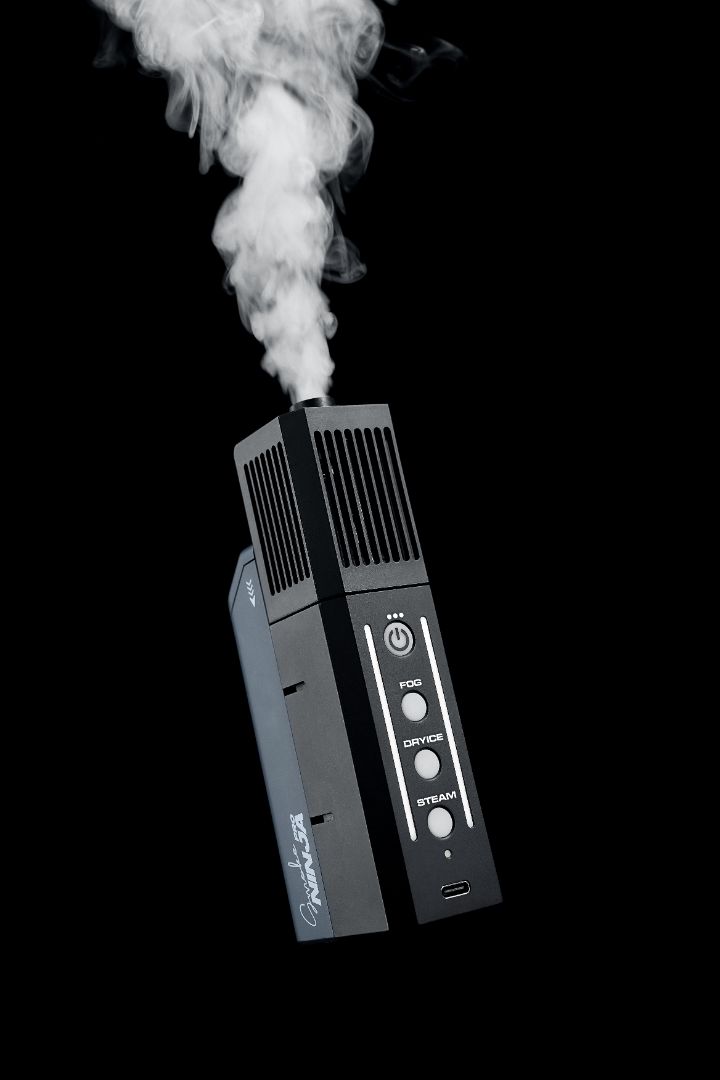Fog Machinery: Innovation Driving Modern Industries

Fog machinery has advanced from being a simple stage effect to a sophisticated tool with wide-reaching applications. Today, fog machines are used in agriculture, public health, industrial operations, and even environmental management. By producing fine mist or dense fog, these machines have proven to be both practical and transformative in solving real-world challenges.
The Science Behind Fog Machinery
Fog machines operate by converting liquid—usually water or fog fluid—into microscopic droplets. These droplets suspend in the air, creating fog or mist. While thermal foggers use heat to create dense clouds, cold foggers and ultrasonic foggers generate mist without raising the temperature, making them safer for sensitive environments like greenhouses and hospitals.
Major Types of Fog Machinery
-
Thermal Foggers – Commonly used for pest control and outdoor sanitation.
-
Cold Foggers – Produce fine mist for disinfecting indoor spaces.
-
High-Pressure mini fog machine Systems – Ideal for cooling large open areas such as stadiums and warehouses.
-
Stage Fog Machines – Used in theaters, concerts, and entertainment venues.
Industry Applications
Fog machinery plays a critical role across industries:
-
Agriculture: Provides efficient irrigation, enhances humidity, and protects crops from pests.
-
Healthcare: Delivers disinfectant evenly in hospitals and public facilities.
-
Construction & Mining: Suppresses dust and improves air quality for workers.
-
Events & Entertainment: Enhances lighting and visual effects for performances.
-
Climate Control: Used in outdoor cooling systems to lower temperatures.
Benefits of Fog Machinery
The benefits of fog machines go beyond aesthetics. They conserve water in agriculture, reduce electricity costs in industrial cooling, and minimize chemical usage in sanitation. Their ability to reach hard-to-access areas also makes them superior to conventional cleaning and cooling methods.
Choosing the Best Fog Machinery
When selecting fog machinery, businesses and individuals should consider their goals. For agricultural needs, ultrasonic or cold foggers are effective. For entertainment, high-output stage foggers are best. Industrial users benefit most from heavy-duty high-pressure fog systems. The right choice depends on coverage area, maintenance requirements, and the type of fluid being used.
Maintenance and Longevity
To maximize performance, fog machinery requires routine care. Cleaning nozzles, using high-quality fog solutions, and conducting regular inspections are necessary steps. Preventing clogs and ensuring proper storage conditions also extend machine life and reliability.
Future Outlook
As environmental awareness grows, manufacturers are focusing on eco-friendly and energy-efficient fogging solutions. Smart fog machines that integrate with automation systems are already entering the market, making fog machinery not just a tool, but part of the digital transformation of industries.
Conclusion
Fog machinery has become an indispensable asset across entertainment, agriculture, healthcare, and industry. By combining efficiency with versatility, these machines continue to adapt to modern challenges. With future advancements pointing toward sustainability and automation, fog machinery is set to remain a vital technology for years to come.
